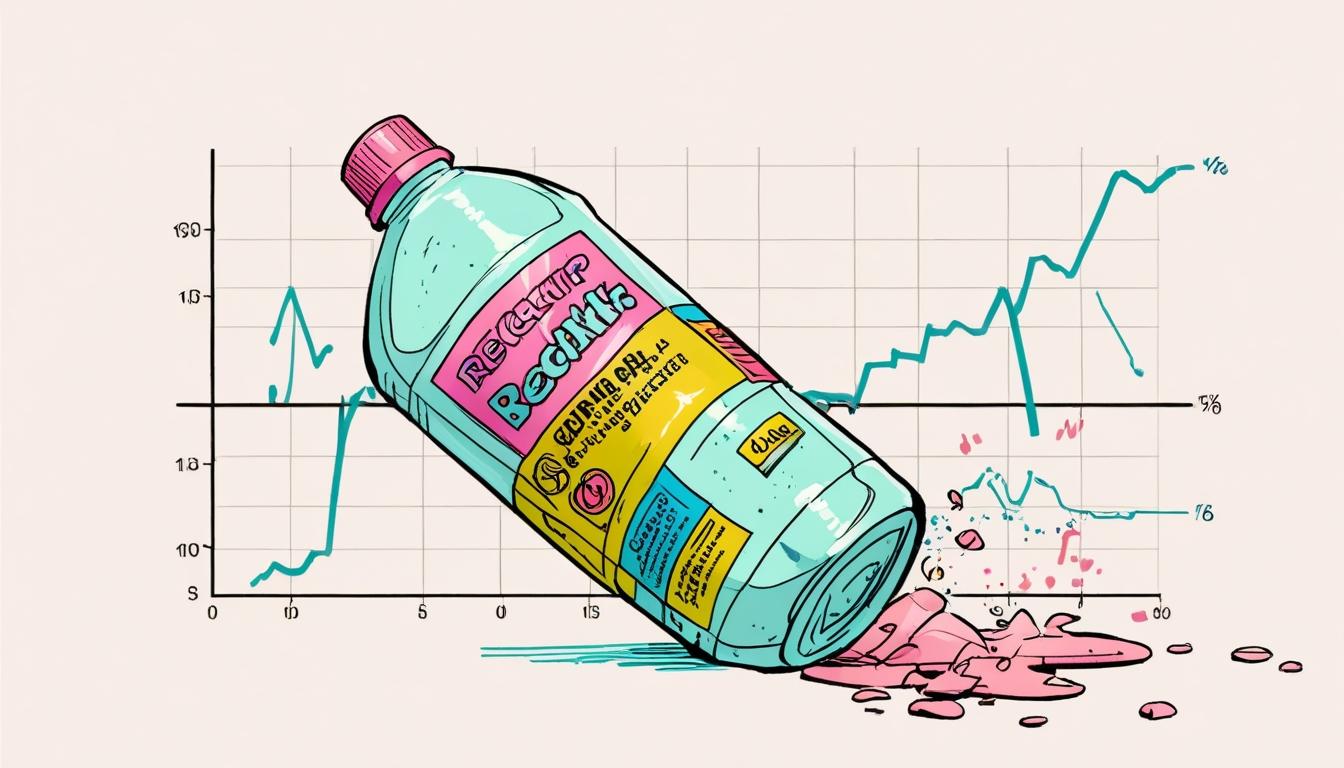Amidst an increasingly tumultuous economic landscape, Reckitt Benckiser’s planned divestiture of its cleaning products portfolio, which comprises popular brands such as Air Wick and Cillit Bang, is facing significant headwinds. With the consumer goods group’s discussions with private equity bidders noticeably stalling, questions linger about the feasibility of finalising any sale. Initially, Reckitt had aimed for a value between £4 billion and £5 billion, yet recent negotiations have seen at least one bidder reduce their offer to between $3 billion and $4 billion.
The backdrop to this situation is a broader corporate restructuring strategy initiated by Reckitt, driven by declining revenues and increasing operational pressures. In the first quarter of 2025, revenues from the cleaning division plummeted by 7% year-on-year, considerably more than analysts’ expectations of a 2% decline. Reckitt’s chief executive, Kris Licht, acknowledged during recent earnings calls that the company is still committed to exiting the cleaning unit by year-end, although he noted the adverse impact of volatile market conditions, stating, “We are encouraged by the interest that we have seen in the business... although we recognise that market conditions may impact this timeframe.”
The changing market dynamics have not only influenced Reckitt’s prospects but also reflect a broader pattern affecting private equity activity. Investors, once buoyant about seizing opportunities in the consumer goods sector, are now navigating through heightened volatility. The fallout from global tariffs introduced during the Trump administration is adding layers of complexity, forcing many firms to shift their focus towards managing existing investments rather than pursuing new acquisitions.
With its market capitalisation hovering around £34 billion, Reckitt’s stock performance has remained roughly unchanged this year, indicative of investor sentiment amid these ongoing challenges. The anticipated sale of the cleaning products unit is a pivotal part of Reckitt’s strategy to bolster its core healthcare and hygiene segments, which are seen as the company's growth drivers. This restructuring aims not only to unlock value but also to reposition Reckitt to better weather future market fluctuations.
However, Reckitt’s challenges extend beyond mere market conditions. The company continues to grapple with substantial legal liabilities, particularly concerning its infant nutrition division, which was thrust into the spotlight due to a recent court ruling that carries significant financial repercussions. This scenario has ignited urgency among shareholders, including activist investors like Eminence Capital, which sought to escalate demands for divestments that would enhance operational margins.
As Reckitt navigates this complex landscape of restructuring and potential revaluation, it remains unclear whether it will successfully pivot towards a more streamlined and profitable future or face intensified scrutiny and pressure from within and outside the organisation. With its divestiture ambitions still on the table, the outcome of these negotiations will play a critical role in determining Reckitt’s path forward in an ever-evolving consumer goods market.
The company’s future hinges on both its ability to secure a successful sale of its cleaning brands and mitigate the pressing challenges presented by its legal and financial entanglements.
Reference Map
- Paragraph 1: [1], [2]
- Paragraph 2: [1], [3]
- Paragraph 3: [1], [4]
- Paragraph 4: [1], [5]
- Paragraph 5: [1], [6], [7]
Source: Noah Wire Services
